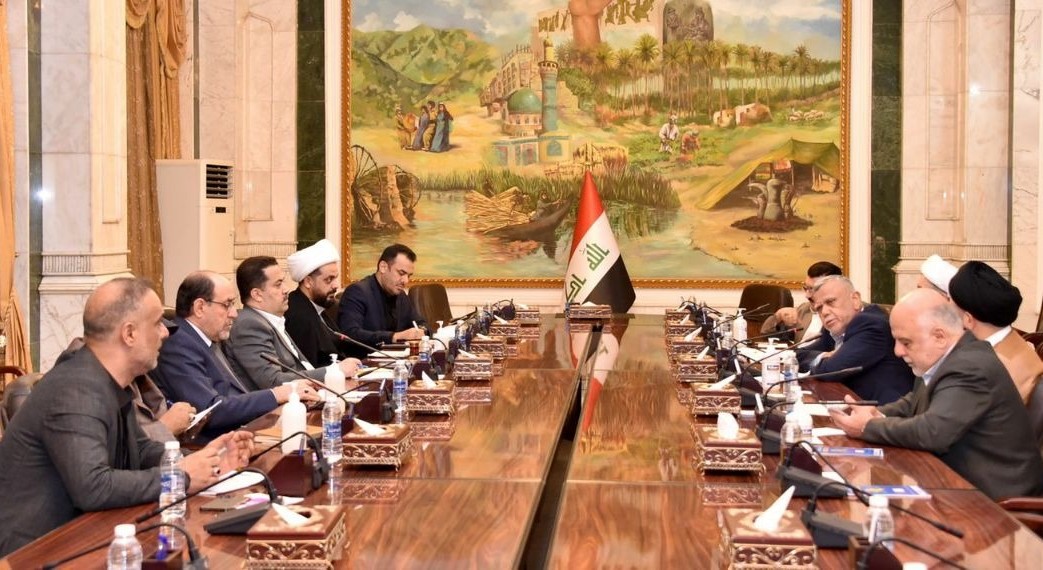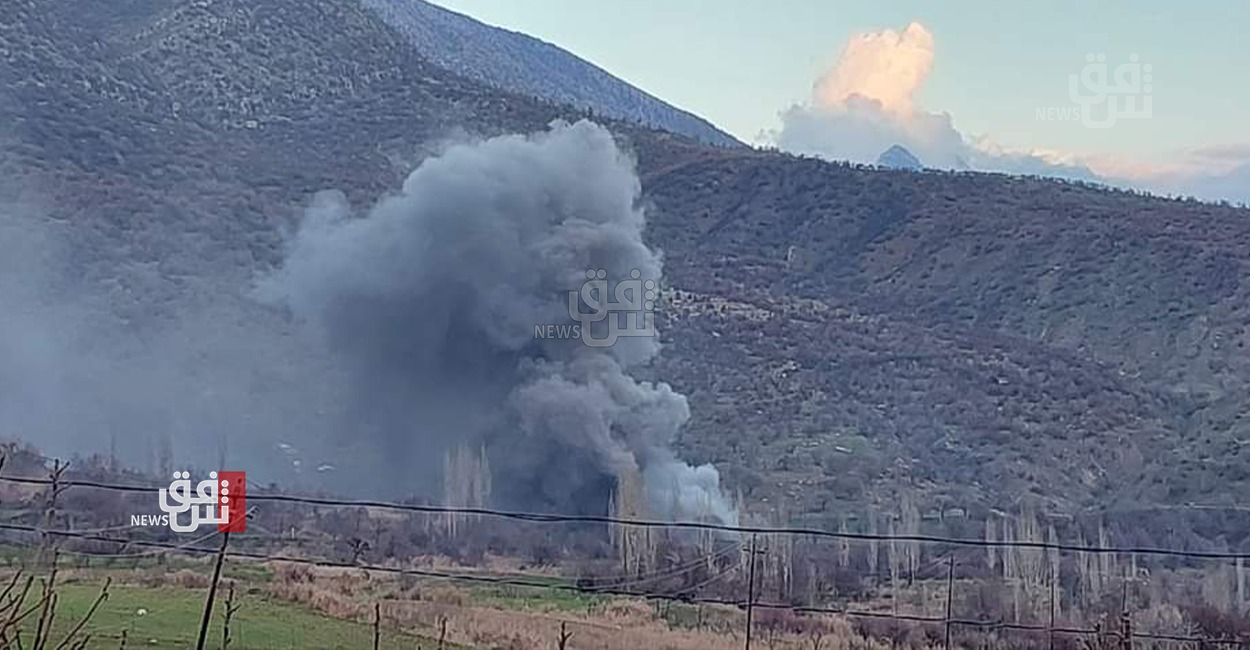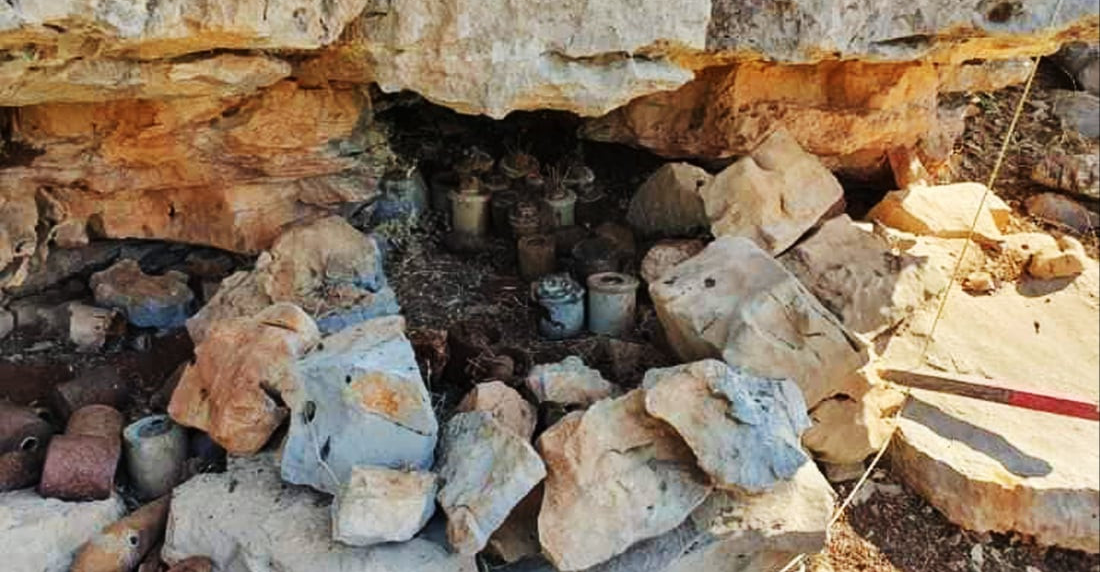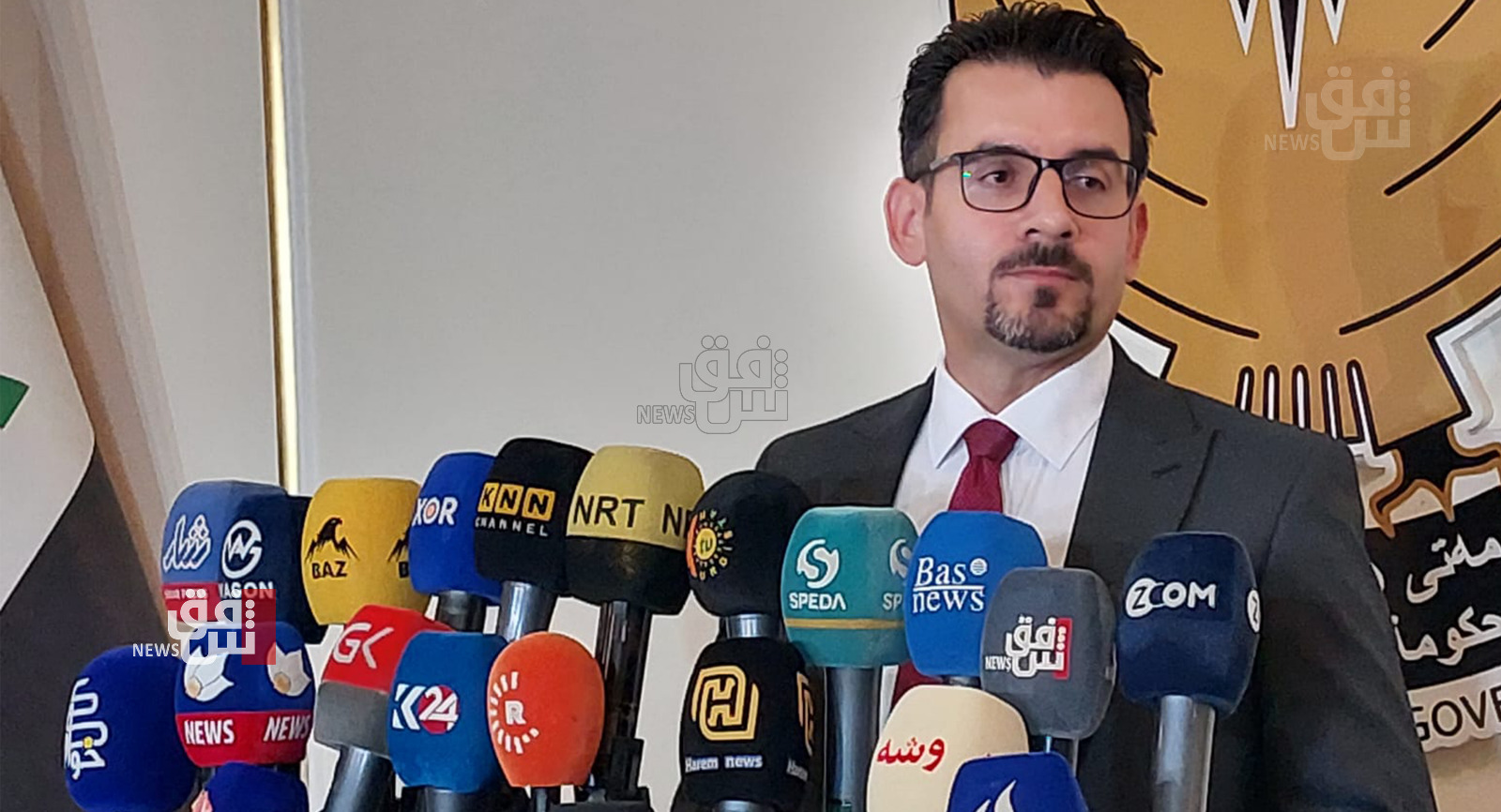Iraq's PM: Investigative committee formed to probe Kirkuk violence

Shafaq News/ On Saturday, the Commander-in-Chief of the Armed Forces, Muhammad Shia Al-Sudani, took decisive action by directing the formation of an investigative committee to examine the circumstances surrounding the killing of a citizen and the injuries sustained by several others during the recent events in Kirkuk Governorate.
Maj. Gen. Yahya Rasool, the spokesman for the Commander-in-Chief, quoted Al-Sudani as emphasizing that "the negligent parties who are proven guilty in these events will be held accountable and brought to justice to receive their just punishment."
Amid escalating security tensions in Kirkuk, the Shiite Coordination Framework, Kurdish leader Masoud Barzani, President Nechirvan Barzani, and Prime Minister Masrour Barzani issued stern warnings on Saturday, saying grave concerns over the situation and the targeting of Kurds in the region.
The Coordination Framework, a coalition comprising Shiite forces, excluding the Sadrist movement, urged all parties involved to reject further escalation and instead embrace dialogue to address the problems in Kirkuk.
In the statement, the Framework emphasized that violence and escalating the situation do not provide a viable solution, expressing its full support for the government's measures.
The KDP leader, Masoud Barzani, emphasized the importance of Kirkuk as an example of coexistence among its diverse ethnic and religious components.
Leader Barzani expressed surprise at the lack of intervention by security forces and police in the face of the escalating crisis, noting that force was used against Kurdish demonstrators in Kirkuk, leading to injuries and the loss of Kurdish lives.
Prime Minister Barzani, called on the Arab and Turkmen communities in Kirkuk to prevent outsiders from exacerbating the situation and to uphold societal peace.
"We express in the strongest terms our condemnation of the riots that conflict with the principles of democracy and peaceful coexistence in the city of Kirkuk," Prime Minister Barzani stated. "We also strongly condemn the attacks by chauvinists that led to the martyrdom and injury of many Kurdish citizens."
Kurdish President Nechirvan Barzani decried the closure of the Erbil-Kirkuk road over the past six days as an "unlawful act" that the governorate administration had regrettably not prevented. He emphasized that Kirkuk requires the "strict application of the law and the constitution rather than unlawful actions."
President Barzani stressed that the concerned authorities in Kirkuk are responsible for taking immediate measures, and security forces must protect all components of the governorate without discrimination. He called for the perpetrators of the violent acts to be brought to justice.
A medical source in Kirkuk Governorate reported on Saturday that the death toll from the attack on Kurdish demonstrators protesting against the closure of the Kirkuk-Erbil road had increased. The source told Shafaq News Agency that one wounded person had succumbed to their injuries, raising the death toll to two in the aftermath of the violent incident.
The security situation in Kirkuk remains highly precarious. The protracted closure of the Erbil-Kirkuk road, which ignited the ongoing unrest, has significantly disrupted the region's daily life and economic activities.
In response to the worsening crisis, the Kirkuk Police Command imposed a comprehensive curfew throughout the governorate. Residents have been urged to stay indoors to prevent further violence and unrest, with security forces maintaining a heightened state of readiness to ensure citizen safety.
This evening, the Iraqi Army Chief of Staff, Lt. Gen. Abdul Amir Yarallah, arrived in Kirkuk for a security assessment.
Kirkuk, located in northern Iraq, resides in the disputed territories and has a diverse population comprising Kurds, Arabs, Turkmen, and Christians. The city's security status has recently been complex and volatile, marked by clashes between ethnic and political groups.
The status of Kirkuk remains disputed, with the Kurds considering it part of their autonomous region, while the Iraqi government asserts it as an integral part of Iraq. The United Nations has proposed a referendum to determine Kirkuk's status, but no consensus has been reached on its terms.




